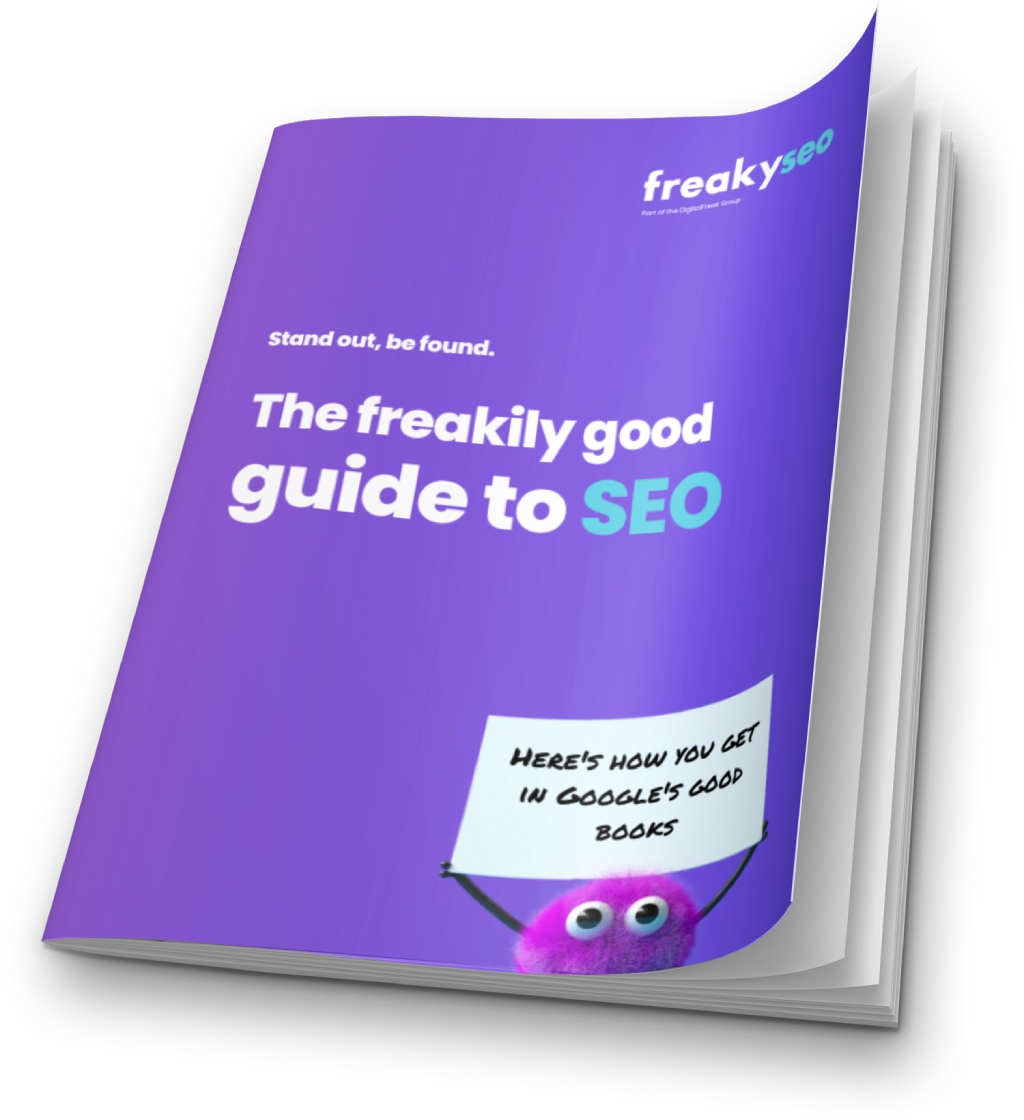The digital marketing community doesn’t pretend to fully understand what Google’s algorithm values most when it comes to ranking search results and SEO. However, there are a number of elements which have now become second nature to the industry. From including keywords in your page titles to writing engaging meta descriptions to always adding alt attributes, it’s fair to say most of us have a generic tick list. But we suspect there is something you’re not doing. While on-page SEO is part of your day to day work and backlink building is as popular as ever, how much of your time are you dedicating to optimising your website speed? This is a crucial SEO task and not dedicating some time to improving website speeds could see your sites slipping down the ranks.
Why Website Speed Matters
What do you do when you land on a website which is slow to load? Chances are, you click back and find a faster one. Realistically, this is the attitude of most web users as society becomes more impatient and technology allows for faster services. Neglecting to make your website as fast as possible, therefore, is a serious oversight. Unfortunately, it’s one us digital marketing experts make far too often. Website speed currently isn’t high up our list of priorities when it comes to SEO. But it should be.
Let’s face it, speeding up a website is not glamorous or fun work. It’s slow and laborious and some of us probably don’t have the technical capacity to even know where to start. But that doesn’t mean we should ignore it. Evidence suggests Google’s PageRank is now paying particular attention to website speed, alongside cross-device responsiveness. This was a predictable development as Google strives to deliver the best search results to its users. In the 21st century, speed is king and that means digital marketing and the services of SEO experts need to change accordingly.
How Do You Make A Website Fast?
So what can you do to make your websites faster? Well, if you’re not technologically confident, the first step is probably to outsource this work to a competent web developer. The basic areas to focus on for website speed, according to Google’s own PageSpeed Insights (a tool we’d highly recommend as a starting point), are as follows:
- Use a Fast Server
- Remove Render-Blocking JavaScript and CSS
- Leverage Browser Caching
- Minify JavaScript
- Minify HTML
- Optimise Images
- Minify CSS
- Enable Compression
- Avoid Landing Page Redirects
- Prioritise Visible Content
It is important to note that this website speed optimisation needs to be done for both desktop and mobile devices. After Google announced its long-awaited shift to Mobile-First indexing earlier this year, it is more vital than ever that websites work on screens of all sizes.
A Crucial SEO Task is a Regular SEO Task
Finally, as with all digital marketing and SEO tasks, website speed optimisation is something which cannot be done once and then forgotten about. It is an ongoing job and we’d recommend running your sites through PageSpeed Insights at least once per month to check your website is still performing as fast as possible and delivering the best UX to visitors.
Website speed may not be exciting or fun but it is important if you want to compete in the field of digital marketing. If you don’t have time or the skills yourself to do this crucial SEO task, contact Digital Freak today and enquire into our services for speed optimisation and round out your SEO services to deliver better results.

Written by
Murtaza Rangwala - PPC Specialist
I’m all about making your online ads pay. As a PPC pro, I spend my days and nights creating, optimising, and analysing client strategies so they deliver the clicks. With a mix of creative and analytical strategies, I’ll make sure your campaigns land your business the top spot – and that customers see you first.














